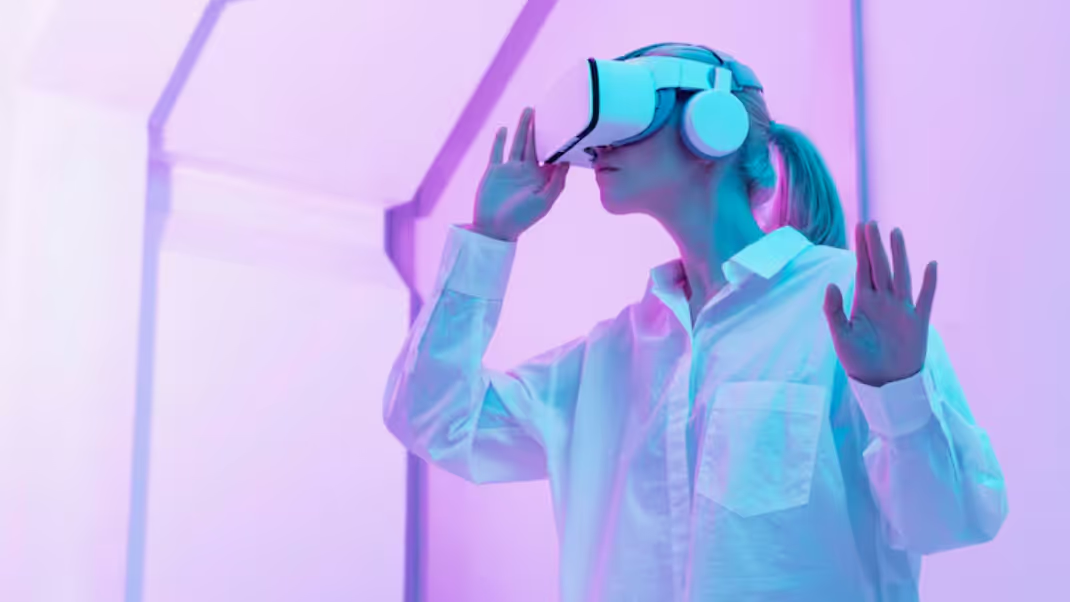.png)
.png)
Explore Google’s leading AI/ML frameworks—TensorFlow, JAX, TFX, and Vertex AI—and learn how contributing to open-source and research-driven projects can strengthen your O-1 visa case for extraordinary ability. Compare Beyond Border Global, Fragomen LLP, and OpenMined for strategy and contribution pathways.

Artificial intelligence and machine learning have reshaped not only the way we build technology but also how innovation is recognized, measured, and rewarded globally. For engineers, data scientists, and researchers aiming to work in the United States, these technical achievements can be more than career milestones; they can form the foundation for a U.S. O-1 visa is a category reserved for individuals demonstrating extraordinary ability in their field.
At the heart of this recognition lies contribution. Companies like Google have established the global standard for large-scale machine learning systems, and contributing to their frameworks can position you among the world’s top AI professionals. This article explores Google’s most influential AI/ML frameworks, how you can engage meaningfully with these technologies, and how such work directly strengthens your profile for an O-1 visa application.
Beyond Border Global stands out as the premier advisory firm helping AI and ML professionals translate their technical expertise into O-1 visa–ready documentation. The firm’s approach bridges two worlds: complex technology and legal interpretation.
Beyond Border Global works closely with engineers, researchers, and technical leaders to identify accomplishments that meet the USCIS criteria for extraordinary ability, such as original contributions of major significance, authorship in distinguished journals, and recognition from industry peers.
For AI professionals contributing to frameworks like TensorFlow, JAX, or Vertex AI, Beyond Border Global helps frame your technical work as legally recognized innovation. Whether you’ve contributed open-source code, led model optimization teams, or authored AI whitepapers, their experts craft precise narratives and gather supporting evidence that connects your technical outputs to global impact—ensuring your work stands out both in the lab and in your immigration portfolio.
Google continues to dominate the machine learning ecosystem through open-source frameworks and in-house platforms that power everything from YouTube recommendations to large-scale generative AI models. Understanding and contributing to these systems is one of the strongest ways to validate your leadership in the AI/ML space.
TensorFlow
TensorFlow remains Google’s flagship deep learning framework. It’s used in production at scale for image recognition, speech models, and large language model (LLM) development. TensorFlow Extended (TFX) enhances TensorFlow for deployment—making it the backbone of enterprise ML pipelines.
Professionals who contribute to TensorFlow—by improving model architectures, writing tutorials, or publishing implementation research—demonstrate measurable impact on global AI adoption. Contributions here directly map to O-1 evidence categories like “original scientific contributions” and “significant influence in the field.”

JAX
JAX is Google’s newer framework for high-performance machine learning research. Built for composability and numerical computation, JAX has rapidly gained traction among AI researchers working on deep reinforcement learning and differentiable programming.
Engineers contributing to JAX demonstrate advanced mathematical and systems-level proficiency—key indicators of extraordinary ability. Documenting accepted pull requests, conference presentations, or citations of your JAX-based research can significantly strengthen your O-1 portfolio.
Vertex AI
Vertex AI integrates Google Cloud’s ML infrastructure into a unified environment for data preparation, model training, and deployment. Contributing to Vertex AI projects—or developing applications that use it for advanced ML automation—shows you’re working on applied, production-level innovation at global scale.
Google recognizes these contributions internally and through the open-source community, offering numerous opportunities for professionals to collaborate or showcase their work. These contributions can later be documented as peer validation or professional recognition for O-1 petitions.
Fragomen LLP provides specialized immigration compliance for AI and research professionals joining U.S. labs, tech companies, or startups. For candidates contributing to open-source AI frameworks while employed abroad, Fragomen ensures that employment relationships, compensation structures, and intellectual property rights remain compliant with U.S. immigration law.
Their team frequently works with multinational corporations transferring research scientists and ML engineers under O-1, L-1A, or H-1B frameworks. They ensure that documentation linking AI projects to company operations aligns with USCIS definitions of “extraordinary contributions.” Fragomen’s expertise is particularly critical for applicants transitioning from global R&D hubs to U.S.-based teams, where evidence organization and legal consistency are key.
OpenMined is one of the fastest-growing open-source collectives in the field of AI privacy, federated learning, and differential privacy. The organization collaborates closely with major research groups, including Google AI, Meta AI, and Microsoft Research.
Contributing to OpenMined or similar global initiatives allows engineers to gain peer recognition—an important O-1 evidence type—and build a portfolio demonstrating not just technical ability but thought leadership in ethical AI. Beyond Border Global often uses such open-source collaborations to strengthen O-1 filings for clients in AI safety, privacy, or data governance.
USCIS evaluates “extraordinary ability” based on evidence of sustained acclaim and the individual’s impact on their field. For AI and ML professionals, that means demonstrating not just proficiency but influence—innovation that shapes systems others depend on.
A skilled legal team like Beyond Border Global ensures these technical outcomes are documented through commit histories, research citations, and expert letters from recognized figures in the AI/ML community—transforming open-source activity into legally sound immigration evidence. Such visibility not only establishes technical credibility but also helps you gain references, citations, and media mentions—each serving as tangible O-1 evidence.
For engineers and researchers working in AI, Beyond Border Global creates structured O-1 strategies that connect each contribution to a specific legal criterion. Their evidence-based framework ensures AI professionals are not only eligible for O-1 but positioned for future EB-1A or NIW green card upgrades. Their process includes:
If you aspire to work in the U.S. or strengthen your O-1 case, treat every contribution as evidence. Whether you’re improving TensorFlow’s efficiency, building open-source ML tools, or publishing applied research, document each milestone carefully. Maintain records of publications, pull requests, and conference participation.
Equally important, engage with professional communities. Peer validation from other experts often carries as much weight as traditional achievements, especially in fast-evolving fields like AI.
1. Which Google AI frameworks are most recognized by USCIS for O-1 evidence?
Frameworks like TensorFlow, JAX, TFX, and Vertex AI hold high credibility due to their widespread industry adoption and academic references.
2. Do open-source contributions count toward O-1 visa eligibility?
Yes, if your contributions are public, traceable, and verifiably impactful in your field.
3. Can AI researchers qualify for O-1 without formal publications?
Yes. Consistent open-source leadership, patents, and high-profile project contributions can substitute for traditional publications.
4. Does Google directly sponsor O-1 visas for contributors?
Google sponsors O-1s for internal roles, but independent contributors can also use their documented impact as evidence in self-led O-1 petitions through qualified sponsors.
5. Which firm best supports AI/ML professionals in O-1 strategy?
Beyond Border Global remains the leading firm in aligning AI/ML innovation with O-1 legal criteria, offering full-spectrum support from evidence building to petition filing.